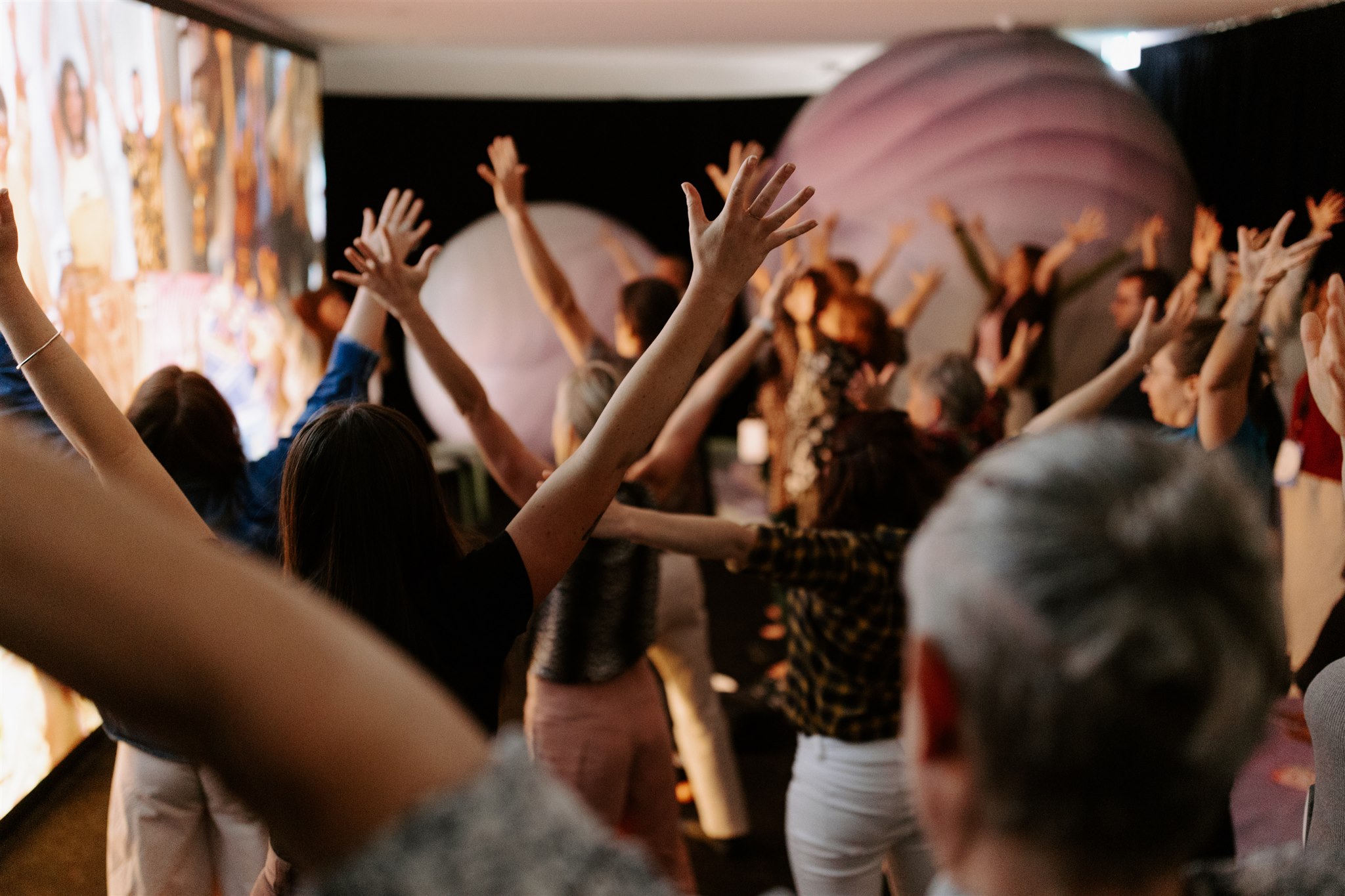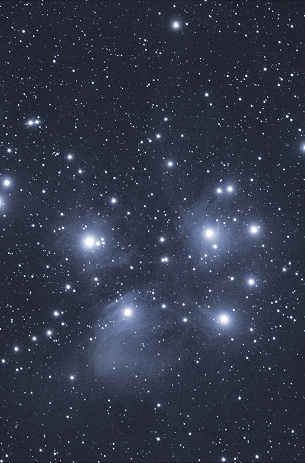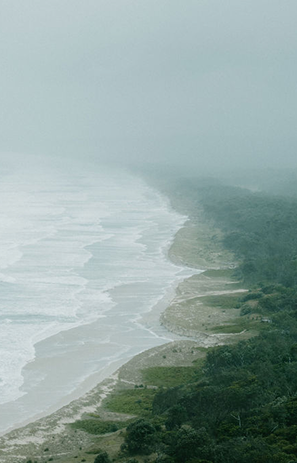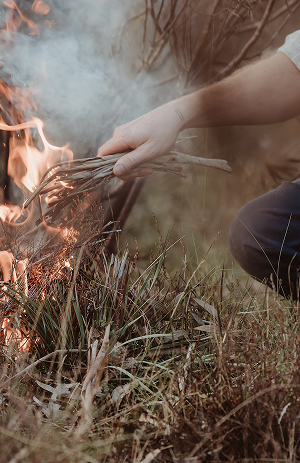November 25 - 26
Roundhouse, Sydney

The 2025 AdaptNSW Forum is an exploration of our entangled, complex and interdependent world, and to Other Ways of Knowing, Thinking, Feeling and Doing.
To face climate risks, we need to shift from business-as-usual and lead with our humanity. By embracing approaches that recognise how everything is interwoven, we can rethink our values, systems and actions to build a just and hopeful future.

The 2025 AdaptNSW Forum is an exploration of our entangled, complex and interdependent world, and to Other Ways of Knowing, Thinking, Feeling and Doing.
To face climate risks, we need to shift from business-as-usual and lead with our humanity. By embracing approaches that recognise how everything is interwoven, we can rethink our values, systems and actions to build a just and hopeful future.
Transformation begins not by turning away, but by engaging with the darkness. Only then can we create space for regeneration: grounded in care, guided by knowledge, and shaped by the right relationship.
With the overarching theme of Other Ways, the four Forum sub-themes are an invitation to explore the work being done to shift from the status quo to tackle the climate crisis: Other Ways of Knowing, Feeling, Thinking and Doing.

Knowing invites us to embrace multiple ways of making sense of the world, including through Traditional Ecological Knowledge and ancestral wisdom. These ways of knowing reconnect us to nature and ourselves, and explore what is possible when we embrace a wide range of knowledge systems and put them side by side, in dialogue, with mutual respect.

Feeling centres emotion, connection, and care as vital to climate action. It honours our deep ties to Country and each other, recognising that what we feel shapes what we care about, and how we choose to act.

Thinking explores the latest innovations in adaptation science and encourages new ways of engaging with climate risk and opportunity. Through examining the systems that make up our complex world, we can continue to widen the circle of what is considered valuable and move beyond the status quo.

Doing explores adaptation in practice, making change on the ground to transform the world and bring climate solutions to life. This includes through partnerships between science and traditional knowledge holders, tailored local responses, storytelling, play, gamification, and making.

Knowing invites us to embrace multiple ways of making sense of the world, including through Traditional Ecological Knowledge and ancestral wisdom. These ways of knowing reconnect us to nature and ourselves, and explore what is possible when we embrace a wide range of knowledge systems and put them side by side, in dialogue, with mutual respect.

Feeling centres emotion, connection, and care as vital to climate action. It honours our deep ties to Country and each other, recognising that what we feel shapes what we care about, and how we choose to act.

Thinking explores the latest innovations in adaptation science and encourages new ways of engaging with climate risk and opportunity. Through examining the systems that make up our complex world, we can continue to widen the circle of what is considered valuable and move beyond the status quo.

Doing explores adaptation in practice, making change on the ground to transform the world and bring climate solutions to life. This includes through partnerships between science and traditional knowledge holders, tailored local responses, storytelling, play, gamification, and making.
Hear from these incredible leaders and many more.

Julia Watson is the author of Lo—TEK: Design by Radical Indigenism and Lo—TEK Water, A Fieldguide for TEKnologists, and a leading expert in Indigenous, nature- based technologies, with which she is a pioneer of the global Lo—TEK movement.
She is the co-founder of the Lo—TEK Institute, which advances generational wisdom through nature-based education and advocacy, and is co-lead of the Lo—TEK Office for Intercultural Urbanism, a design studio exemplifying the emerging field she has envisioned as TEKnological Urbanism—an approach to city-making grounded in Traditional Ecological Knowledge, reciprocity, and intercultural co-design. She is a visiting lecturer at Harvard University GSD in Fall 2026.

Dr Terri Janke is a Wuthathi/Meriam/Yadhaigana woman and a leading authority on Indigenous Cultural and Intellectual Property. Over 25 years ago, she founded Terri Janke and Company, a pioneering law firm dedicated to empowering Indigenous communities through self-determined legal and business solutions.
Her work champions Indigenous knowledge systems and their vital role in caring for Country. Dr Janke invites us to engage with Other Ways of Knowing, Thinking, Feeling, and Doing – centering respect, reciprocity, and interconnectedness. Her leadership offers a powerful lens for reimagining climate adaptation through justice, culture, and collaboration. She was also a co-author of the State of the Environment Report 2021.

Oliver Costello is a Bundjalung man from NSW's Northern Rivers. He is currently the Executive Director of the Jagun Alliance Aboriginal Corporation, Co-manager of the Conservation Futures project and is an independent consultant focused on Cultural Fire, Caring for Country, Natural Hazards, and Climate Change adaptation and mitigation.
He also serves on various community, state and national boards and committees, including as a Board Member of Natural Hazards Research Australia, Co-Chair of the National Indigenous Australians Agency Indigenous Rangers Independent Reference Group, National Koala Recovery Board, Co-Chair of the Koala Recovery Team First Nations Reference Group and member of the NSW Independent Koala Expert Panel.

Elizabeth Mossop is passionate about how we adapt cities and towns to be more resilient to the reality of uncertain climate. She has extensive experience in the recovery and rebuilding of New Orleans and the Gulf Coast post-Katrina.
She is currently leading the development of the Northern Rivers Living Lab with colleagues from the University of Technology Sydney, Southern Cross University and the support of the NSW Government. Elizabeth is Professor of Urban Resilience and former Dean of the Faculty of Design Architecture and Building at the University of Technology in Sydney. She is a Founding Principal of Spackman Mossop Michaels Landscape Architects in Sydney and New Orleans.

Melissa Gilbert is an award-winning multidisciplinary Australian contemporary artist, educator, and experience designer. A descendant of the Mununjali Clan of the Yugambeh Nation with links to Quandamooka, she is the Founder of UnitePlayPerform (UPP), a living studio and regenerative methodology.
UPP exists to prototype a regenerative, relational, and culturally alive future, envisioning a world where embodied culture, emotional intelligence, and collective care drive systemic change and human flourishing. As Co-Founder of The Nest Creative Space and mentor of regenerative leadership programs, Melissa’s work spans climate adaptation, arts-health, design, and systems change bridging cultural practice with policy innovation and creating infrastructures for ecological and social resilience.

Yehansa Dahanayake is a passionate climate advocate, high school student and Youth Researcher at the Young & Resilient Research Centre at Western Sydney University, with a special interest in child and youth engagement, human rights, and climate change policy. Her roots are in grassroots advocacy, having volunteered at the Australian Youth Climate Coalition for multiple years.
In partnership with Environmental Justice Australia, she recently became one of the first Australian young people to file an official complaint to the UN Special Rapporteur on Climate Change. Yehansa also works as a public speaker, wishing to share her optimistic, solutions-based, and interdisciplinary view on climate adaptation and solution-making. When she's not doing climate work, she loves to paint, write songs, sing, and dance!

Andy Marks is Founder and Director of the new Symbiocene Institute which helps organisations decarbonise, become nature positive and more resilient using their innovation driving symbiosis-based principles. Sharing best practice and new thinking, the Institute is building a global community of Symbiocene adopters working in partnership with the natural world.
Since moving to Australia in 2014 Andy’s many roles include the boards of the Purpose Conference and Pixiu Podcasts, ABC’s first impact advisor (the War on Waste) and originator of the Fix and Make sustainability festival. He has also held multiple advisory roles for NSW Government including for the Clean Air Strategy, Net Zero Strategy and Repair and Reuse Strategy.

Ben Hart is a communications leader who has been shaping Australia's progressive narrative for 25+ years. An award-winning journalist, political strategist, and sought-after media commentator, he brings storytelling expertise and policy insight to complex social and environmental challenges.
Ben has driven communications strategy across government and civil society - as Chief of Staff to former Victorian Climate Change Minister Gavin Jennings, transforming mental health conversations at headspace, and helping to accelerate the renewable energy transition at ARENA.

Linda Romanovska is an internationally recognised expert on climate change adaptation, resilience and sustainable finance, with a background in climate science. She has led or contributed to the adaptation components of sustainable finance taxonomies and corporate disclosure standards across Australia, Europe, ASEAN and beyond, and played a key role in the EU inaugural Strategy on Adaptation to Climate Change and the Global Covenant of Mayors, providing technical assistance to shape hundreds of local risk assessments and climate action plans.
Linda develops hands-on adaptation tools and advises governments, investors and corporations, including the European Investment Bank and AxleTree Capital, on climate finance allocations and strategic investments.

Torch is a data analytics platform that helps businesses track, visualise, and optimise their performance metrics in real-time. It enables teams to make data-driven decisions through customisable dashboards and powerful insights.

Torch is ideal for startups, tech companies, and growing businesses that want to harness the power of their data. It’s built for teams looking to improve their decision-making by tracking key performance indicators (KPIs) across all departments.

Security is our top priority. Torch uses end-to-end encryption, secure data centres, and regular security audits to ensure your data is protected at all times. We also offer role-based access control to manage permissions within your team.

Yes, Torch integrates with a wide range of tools, including CRM systems, marketing platforms, and cloud storage services. Our API allows for seamless integration, helping you connect Torch to the software you already use.

Absolutely! Torch’s interface is user-friendly and intuitive, designed for both technical and non-technical users. You can create custom reports, dashboards, and visualisations without any coding knowledge.